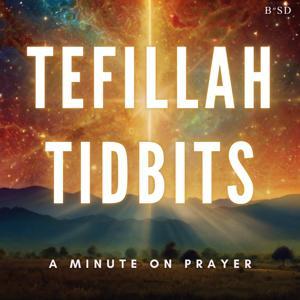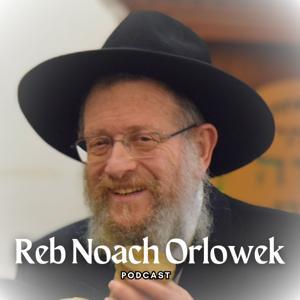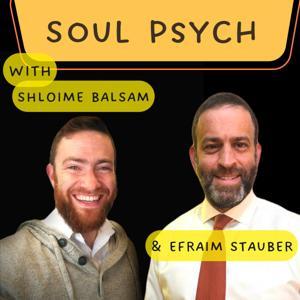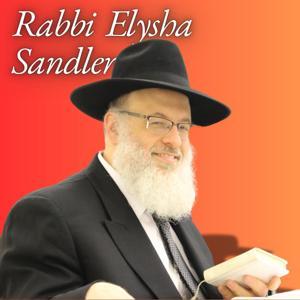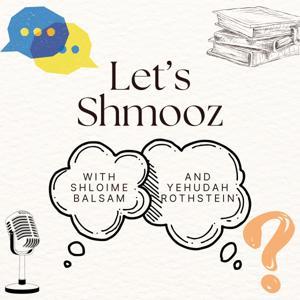00:00 – Review of Avshalom’s rebellion.
01:10 – Dovid HaMelech (King David) defends his kingdom against the rebellion of his son, Avshalom. The death of Avshalom.
10:15 – Likutey Moharan 69 – destroying an other’s property has consequences that can harm one’s children.
11:14 – Dovid HaMelech (King David) mourned the death of his son with the words, “O’ my son Avshalom, my son, my son Avshalom! Would that I had died in your stead, O’ Avshalom my son, my son!” By using these specific words he rescued his son from the seven levels of gehinnom (eternal punishment after death).
14:56 – The timelessness of the afterlife.
*15:54 – Account of how Rabi Yochanan rescues Acher from gehinnom.
17:29 – Rebbe Nachman’s promise to rescue his students from gehinnom if they will give tzedakah (charity) at his grave site in Uman.
18:08 – Through performing good deeds, children have the ability to save their parents from gehinnom, but parents cannot save their children from punishment in the next world.
*19:27 – Dovid HaMelech‘s achievement seems to contradict these kabbalistic principles, so the sages of the Talmud explore why and how King David was able to elevate the soul of his rebellious son.
24:01 – Yoav admonishes Dovid HaMelech for mourning his son instead of rejoicing in the victory to save the kingdom. Amasa is invited to replace Yoav.
26:17 – Mefiboshes, the son of Yonasan (Jonathan), is invited to live at the palace of Dovid HaMelech.
31:41 – There are three sins for which a Jew must give his life rather than transgress: idol worship, murder, adultery. Loshon hara (slander) is worse than all three of these sins combined. Because Dovid HaMelech seemed to be acting based on loshon hara about Mefiboshes, he was punished with the division of his kingdom. However in truth, Dovid HaMelech did not sin in this matter.
35:16 – The rebellion of Sheva ben Bichri. Yoav assassinates Amasa.
37:32 – A wise woman saves the city where Sheva ben Bichri is hiding by throwing his head down to the army of Dovid HaMelech.
38:04 – Dovid HaMelech was above the level of Rabi Shimon Bar Yochai.
Dovid HaMelech (King David) mourned the death of his son Avshalom with the words, “O’ my son Avshalom, my son, my son Avshalom! Would that I had died in your stead, O’ Avshalom my son, my son!”
01:12 – The sages of the Talmud explain why and how King David was able to elevate the soul of his rebellious son (II Shmuel/Samuel 19, Sotah 10a).


























